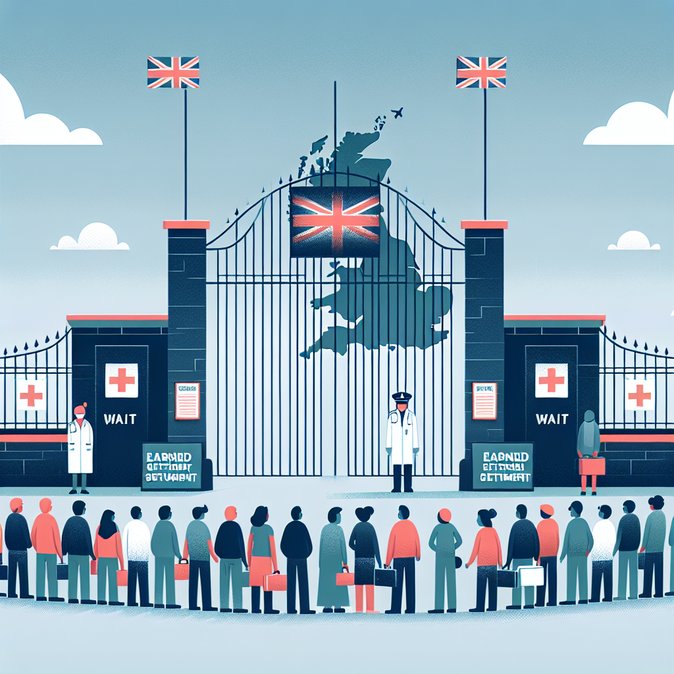
Trade ministers from the 12 members of the Comprehensive and Progressive Agreement for Trans-Pacific Partnership (CPTPP) issued a joint statement in Melbourne on 21 November 2025 after completing the bloc’s first General Review. For the UK—whose accession was ratified earlier this year—the meeting was an opportunity to press partners to finalise business-mobility annexes so that UK professionals can use streamlined work-permit quotas in markets such as Canada, Japan and Singapore by mid-2026.
According to the communiqué, members endorsed recommendations to “accelerate implementation of temporary-entry commitments for service suppliers and investors” and to develop a shared digital platform for visa statistics. UK officials briefed that they will seek pilot intra-company transfer quotas with Australia and Vietnam, mirroring EU-style ‘Mode 4’ provisions, and will host a mobility-focused working group in London next February.
![CPTPP ministers meet in Melbourne, plot next steps as UK pushes for mobility chapters to activate in 2026]()
For multinational employers the CPTPP mobility chapters could simplify short-term assignments (up to two years) and reduce delays caused by labour-market testing. Immigration advisers caution, however, that each member still enforces its own documentary standards: police certificates, degree verification and health checks will not disappear. Businesses should start mapping which roles might qualify under forthcoming CPTPP categories such as “Business Visitor for Investment Purposes” or “Independent Professional”.
The joint statement also flags exploratory dialogues with EU and ASEAN counterparts, raising the prospect of wider recognition of digital credentials and potential interoperability between the UK’s Electronic Travel Authorisation (ETA) system and partner e-visa schemes. The Department for Business and Trade says detailed timelines will be published after the February working group.
According to the communiqué, members endorsed recommendations to “accelerate implementation of temporary-entry commitments for service suppliers and investors” and to develop a shared digital platform for visa statistics. UK officials briefed that they will seek pilot intra-company transfer quotas with Australia and Vietnam, mirroring EU-style ‘Mode 4’ provisions, and will host a mobility-focused working group in London next February.

For multinational employers the CPTPP mobility chapters could simplify short-term assignments (up to two years) and reduce delays caused by labour-market testing. Immigration advisers caution, however, that each member still enforces its own documentary standards: police certificates, degree verification and health checks will not disappear. Businesses should start mapping which roles might qualify under forthcoming CPTPP categories such as “Business Visitor for Investment Purposes” or “Independent Professional”.
The joint statement also flags exploratory dialogues with EU and ASEAN counterparts, raising the prospect of wider recognition of digital credentials and potential interoperability between the UK’s Electronic Travel Authorisation (ETA) system and partner e-visa schemes. The Department for Business and Trade says detailed timelines will be published after the February working group.
More From United Kingdom
View all
Home Office issues new detention order on the use of force in immigration removal centres

UK launches consultation on ‘earned settlement’—doubling the wait for most migrants to secure permanent status
